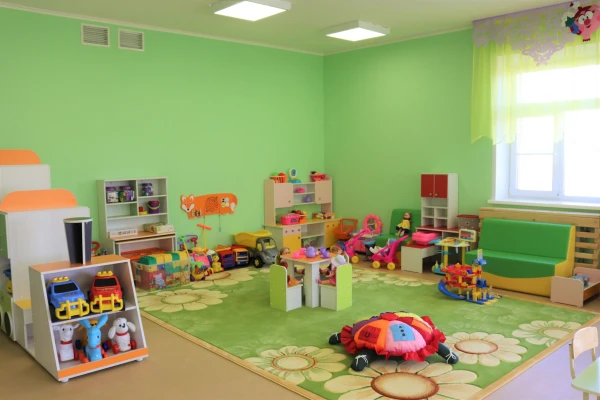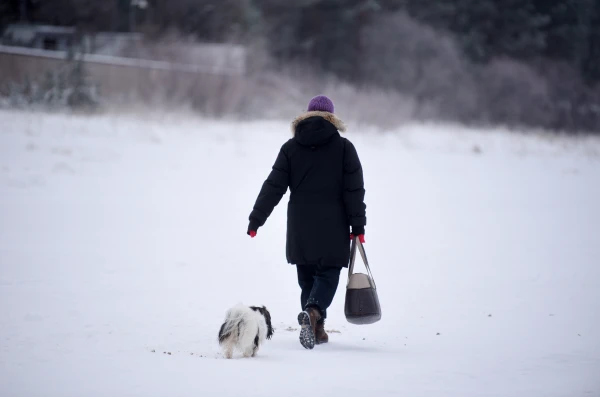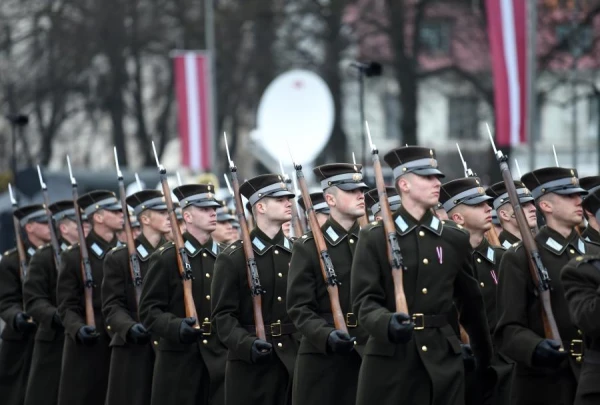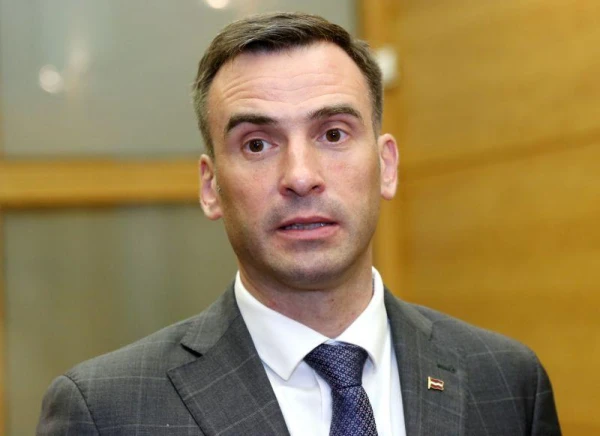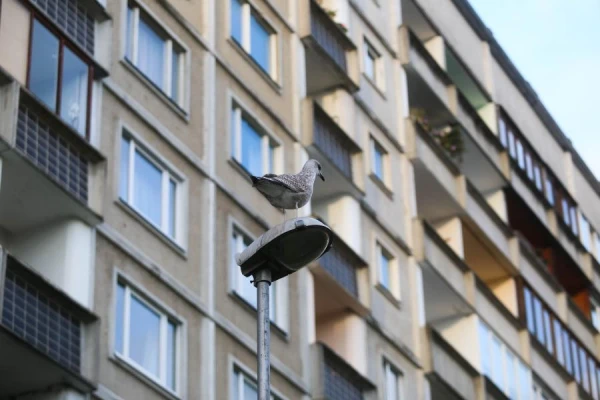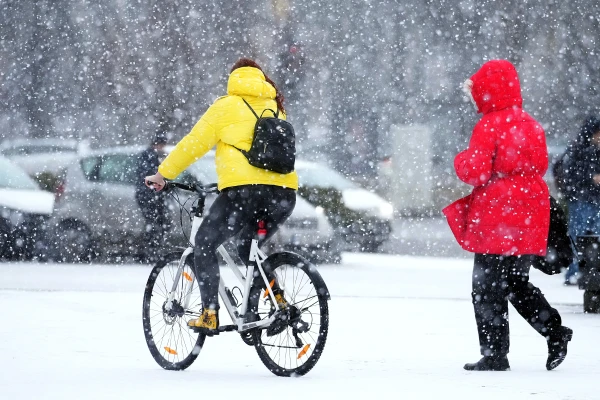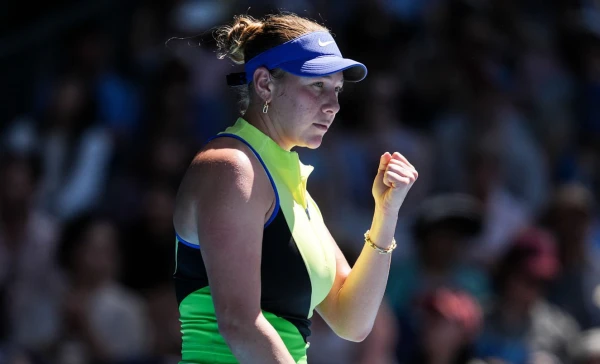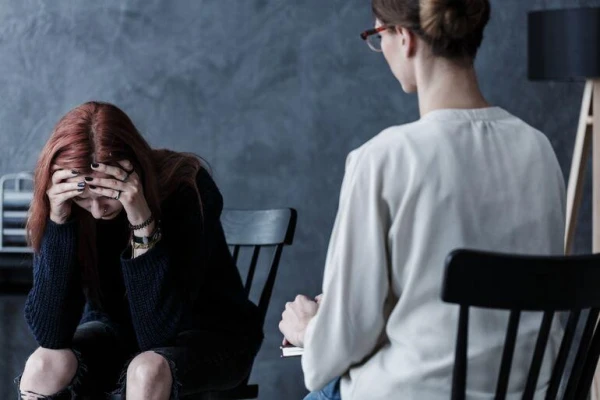
What to do when your child is bullied at school? Teased, offended, sometimes even beaten. The mother of a teenager shared her story with LSM+. For several years he suffered from emotional violence — he was bullied by his classmates.
Teachers and the school psychologist tried to help, but nothing changed. In the end, the mother decided to transfer her child to home schooling. A year ago, three ministries promised to combat bullying in schools. LSM+ investigated whether there are any results.
"The main reason was that my child had headaches. They lasted for a year and a half, during which time we underwent all possible examinations. Specialists concluded that the cause was purely psychological. We were supported in our decision to leave school because in the eighth grade (now he is in the ninth) there was a very toxic environment. The child repeatedly suffered from emotional violence, and the situation became unbearable," said the mother of the bullied teenager.
According to the woman, this lasted for several years. "My child is very different from his peers. And such children really struggle in public schools. And that's why there were some nitpicks. My child reads a lot, and he spends all breaks with an e-book, not filming TikToks. He simply has different interests. He has long hair. And, strangely enough, even the teachers do not accept this well. And among the children, apparently, this comes from their parents. They started calling him a girl in physical education. At first, it seemed like a joke. But if someone laughs at a joke and someone else does not find it funny, then it is not a very good joke. And then it gets repeated many times. For example, when in physical education the sports teacher says: "Girls play volleyball, and boys go play football." His classmates say to him: "You go play volleyball, you are a girl."
My son is quite satisfied with himself, and he does not want to get a haircut, and I support him in this. In general, I support him in all his interests and hobbies."
Such situations repeated: "I forbade my child to use violence, and everything else, for the most part, did not work. Once a year he would snap, there would be some fight, he would hit someone. Then there were big disputes with the administration and with the parents. At that point, the school would start to work actively. The conflict would be resolved for six months, and everyone would leave him alone. Then the same thing would start again. And, probably, this lasted for about three years."
According to the teenager's mother, not all schools know how to work with groups.
"I see that the school administration really wanted to help me. The social educator and the school psychologist were always on my child's side. He enjoyed going to the school psychologist.
There are tools, but when working with the group as a whole, there is no experience at all.
[…] When I could no longer stand it, I would come to the school and say: "What is going on, I brought you a motivated child with shining eyes who wants to learn. In the end, I get an absolute lack of motivation, a child with dull eyes who does not want to go to school, who constantly has a headache." They would tell me: "Let's think more about how we can help your child. We cannot influence other children. The school psychologist will teach him how to respond," the teenager's mother recalls.
"Bullying is a disease of the group. I have read a lot about this. It does not work at the level of one child. And at the level of two children — the victim and the aggressor — it also does not work. It is necessary to recognize that the whole group is sick and work with it. At the same time, I have no resentment because the psychologist worked with him, he was also satisfied, she sincerely wanted to help. The class teacher did too," she shared.
In the Ministry of Education, which is responsible for the situation in schools, they do not hide that the fight against bullying does not always work.
"The head of the school is responsible for what happens in the school. But there are mechanisms outside of schools that should be activated if necessary. I will not hide it, sometimes there is a lack of support from institutions outside the educational establishment. In some municipalities, there are groups for the protection of children's rights, which consider cases related to violence, and the head of the educational institution is appointed as the coordinator.
We find this absolutely unacceptable. In our view, the head of such a group should be as neutral as possible.
For example, someone from the social service, so that this person can work with the family. We know that very often the school tries to solve everything within its premises with its own resources. And seeks help when it is already too late," commented Ministry of Education representative Olga Ozola.
To change this situation, a year ago representatives of the Ministry of Education, the Ministry of Welfare, and the Ministry of Health decided that bullying in schools needs to be put to an end. Were they successful?
Officials from the Ministry of Education believe they are moving in the right direction. This year, they allocated a total of 200,000 euros to Latvian schools for conducting activities to unite students and provide psychological assistance.
"Out of 1,205 educational institutions, only in 303 schools is no such program being conducted. This does not mean that nothing will happen there. We plan to establish at the legislative level that such activities are mandatory," added Olga Ozola.
In the future, the Ministry of Education plans to allocate another 400,000 euros to Latvian schools for these purposes.
But what should the family of a child who has become a victim of bullying do? And how can one recognize that a teenager is being bullied if he does not talk about it?
"Bullying is scary. It is very dangerous for the child and the parents.
Because we do not understand what is happening with the children. Therefore, I recommend that every day, when the child comes home from school, ask not about grades, but about how he feels. What was interesting? Is there anything that made you happy or angry? Then teenagers see your interest and want to talk. Of course, the teenage age is very difficult. Children withdraw into themselves, they usually do not bring their problems to public attention. It is important for the teenager to be able to speak. And then we, as adults, take the first step. And invite him to dialogue," said child and adolescent psychotherapist Jana Grauda.
If a child starts complaining about nausea, headaches, vomiting right before school, this is a signal of serious difficulties. The psyche cannot cope, and the body sends a signal: "help." Such symptoms should not be undervalued — it is important to talk to the child and find out what is happening with him, emphasized the psychotherapist.
"In this dialogue, we explore what is happening: what the child felt, how his day went, what it was filled with. In the end, we conclude. If, for example, something bad happened, the child says: "Yes, I was angry, offended, terrorized today." Then we ask: "How can I help you with this?".
For teenagers, this is especially important — they are used to often coping on their own, not sharing with their parents and solving problems independently, noted Grauda. "Whether they cope well or poorly, we see by their state: the child may become withdrawn, closed, which means that something is clearly happening.
He tried to fight it, but apparently, he did not succeed.
Therefore, we always ask: "How can I help? What can I do for you? Can you cope on your own now, or do you need help?" This way we give them the opportunity to understand: I am here, I am with you, and together we will cope.
